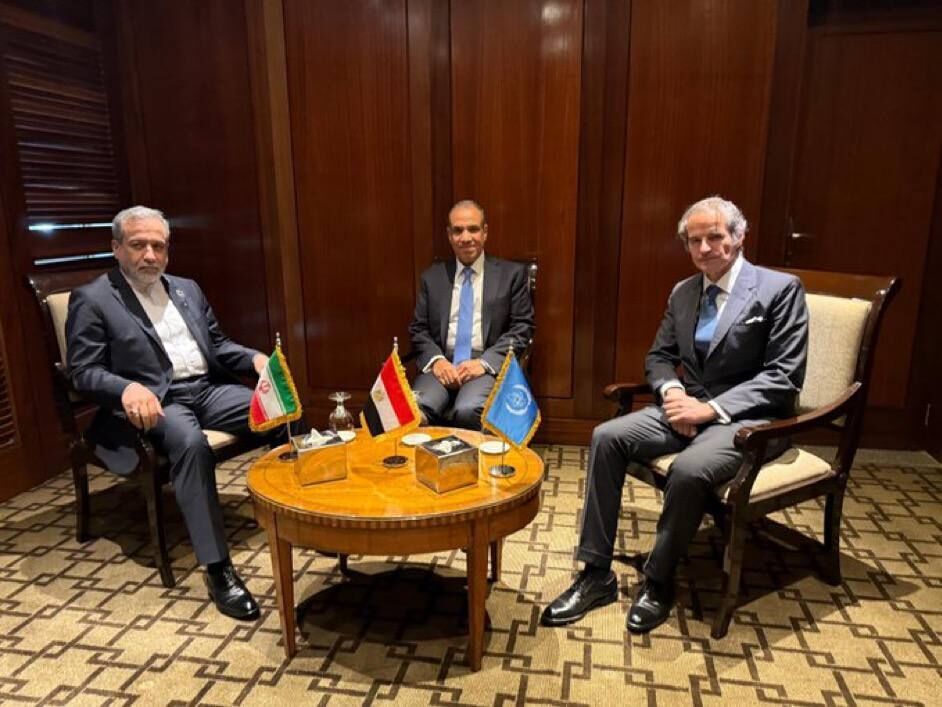
Similar Posts
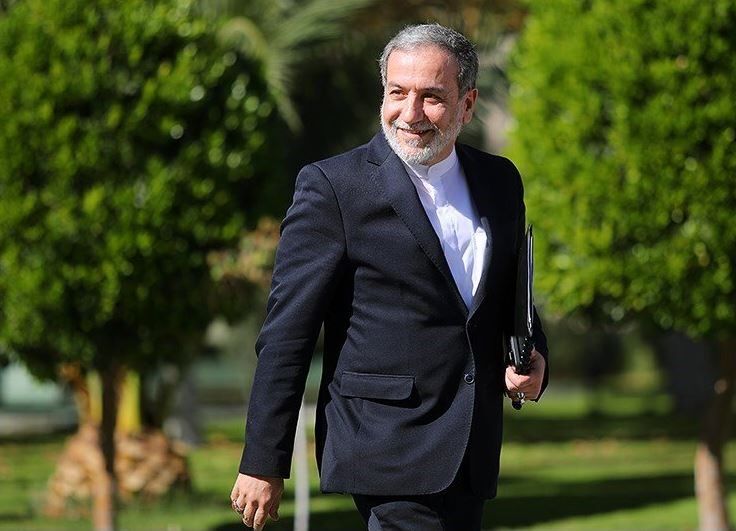
Iran’s Foreign Minister to Make Key Visit to Kabul in Upcoming Days
Iranian Foreign Minister Abbas Araghchi is set to visit Kabul for crucial discussions with Afghan officials, marking his first trip to Afghanistan since taking office. The one-day visit aims to enhance cooperation on issues of mutual interest, reflecting the deep historical and cultural ties between the two nations. Key topics will include economic collaboration, with a high-profile business delegation accompanying Araghchi. The exact date of the visit is yet to be confirmed, but it underscores the importance of strengthening diplomatic relations to address shared challenges in a changing regional landscape.
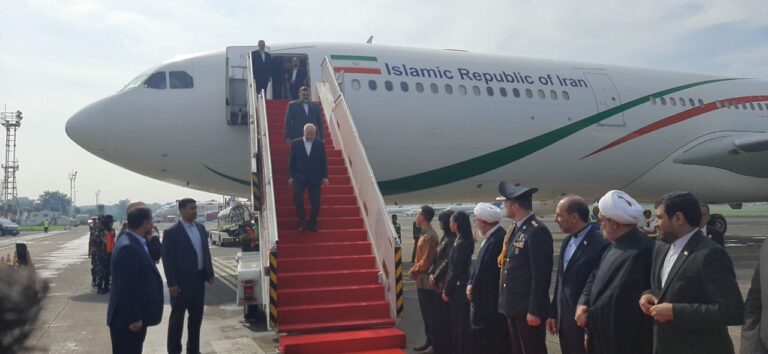
Parliament Speaker Lands in Jakarta: Key Moments from the PUIC Conference!
Iran’s Parliament Speaker Mohammad-Baqer Qalibaf has arrived in Jakarta for the 19th Conference of the Parliamentary Union of the Organization of Islamic Cooperation (OIC) Member States (PUIC), taking place from May 12 to 15. Welcomed by Indonesian officials, Qalibaf is accompanied by several Iranian parliament members, underscoring the conference’s significance for Iran. The event will focus on “Good Governance and Strong Institutions as Pillars of Resilience,” addressing critical political, economic, and social issues impacting OIC member states. This gathering aims to promote unity and collaborative efforts among Islamic nations to tackle shared challenges effectively.
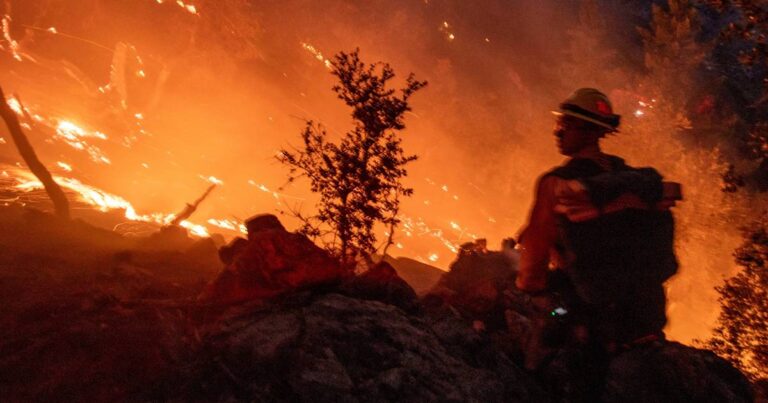
Zarif Highlights Striking Similarities Between California Wildfires and Gaza Crisis
The California wildfires have devastated communities, prompting comparisons to the humanitarian crisis in Gaza by former Iranian Foreign Minister Mohammad Javad Zarif. He expressed empathy for Californians suffering from the fires, noting the universal pain of loss due to nature and violence. The wildfires have resulted in at least 10 fatalities and nearly 10,000 destroyed structures, impacting Los Angeles and surrounding areas. Zarif’s comments highlight the need for global solidarity and compassion, urging a reevaluation of how suffering is perceived across different crises. As recovery efforts continue, the importance of preparedness and environmental policies becomes crucial.
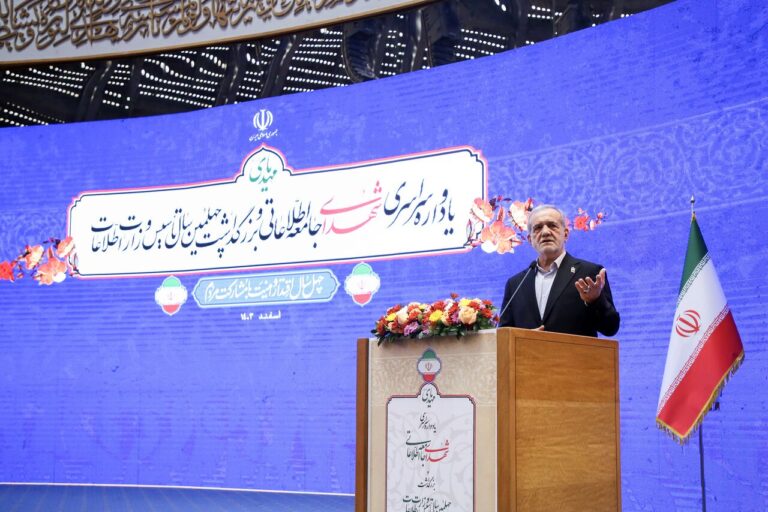
Strengthening National Security: Pezeshkian Advocates for Support of Intelligence Forces
In his recent speech marking the 40th anniversary of the Iranian Intelligence Ministry, President Masoud Pezeshkian emphasized the critical role of Iranian intelligence forces in national security. He pledged his administration’s support to thwart external threats that aim to create discord. Pezeshkian highlighted the need for cooperation between authorities and intelligence agencies to combat unrest and recognized the enemy’s strategies to incite disputes among societal groups. He stressed the importance of unity as a powerful response to these threats, stating, “If we join hands together, we will be able to stand up against all plots,” underscoring the necessity of collective action.
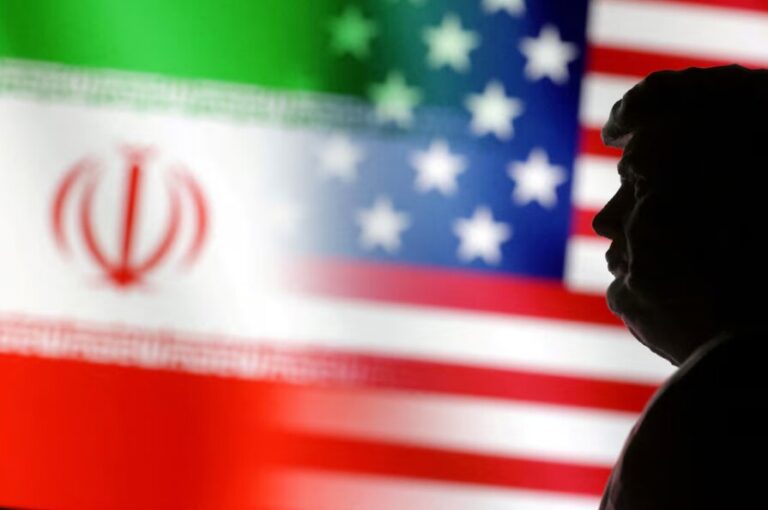
US Accused of Insincerity in Nuclear Negotiations with Tehran: What’s Really at Stake?
An Iranian official described ongoing indirect talks with the U.S. about Tehran’s nuclear program as insincere, suggesting they are a “trap” by the U.S. to escalate tensions. Iran perceives the interruptions as a political game and is preparing for potential negotiation failures. U.S. envoy Steve Witkoff warned that unproductive discussions in Oman could lead to a different approach. Both sides have established firm red lines: the U.S. demands no uranium enrichment, while Iran insists on its right to enrich. As they prepare for high-level talks, clear communication issues and conflicting messages complicate the negotiations.
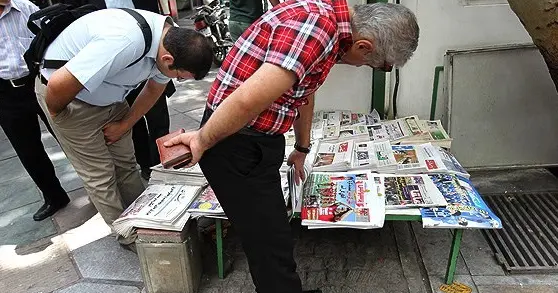
Tehran Newspapers Divided: Unraveling the Causes Behind the Port Explosion
Tehran’s morning newspapers presented divergent views on the explosion at Rajaei port, reflecting significant political divides. Conservative outlets like Kayhan and Javan attributed the incident to safety protocol failures, accusing foreign adversaries of spreading disinformation. In contrast, reformist daily Ham-Mihan suggested the explosion’s timing, coinciding with Iran-U.S. negotiations, indicated possible sabotage linked to foreign entities, including proxies. The ongoing investigation remains crucial, with calls for transparency amid heated debates over the incident’s implications for safety, security, and internal politics in Iran. The event underscores the complexities of Iran’s political landscape and its international relations.